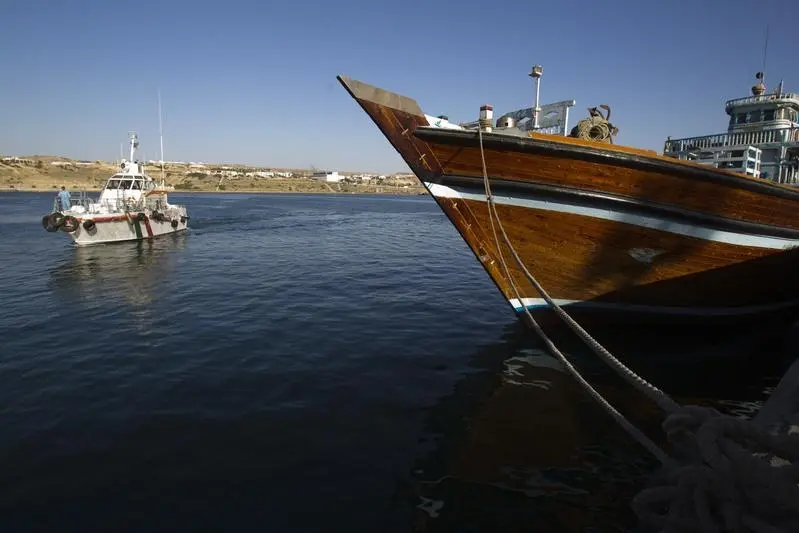PHOTO
Iran will soon import 130 tons of natural uranium, the spokesman for the Atomic Energy Organization of Iran said on Thursday.
Behrouz Kamalvandi told national broadcaster that the green light was given by the joint commission overseeing the nuclear deal which Iran struck in 2015 with the P5+1 group – Britain, China, France, Germany, Russia and the United States.
“They have accepted our request to purchase 130 tons of uranium,” Kamalvandi said, without naming the supplier.
According to Kamalvandi, Iran has already imported 220 tons of uranium since the nuclear deal went into effect in January 2016.
This and the additional 130 tons would provide Iran with “good reserves” for its nuclear program, he said. “Given that this amounts to a valuable resource, it places us in a very favorable position.”
But Iran will need bigger stockpiles of uranium to raise its nuclear program to “industrial” levels and exploration for new uranium mines is underway across the country, the official pointed out.
“Of course, toward industrialization, we need more resources.”
Enriched uranium production plan
Kamalvandi denied media reports suggesting that Iran had agreed to reduce its stockpile of uranium enriched to less than 300 kilograms.
He also said Iran is to produce 100 kilograms of low-enriched uranium, and noted that the commission has approved that the amount of the enriched material be calculated in accordance with the method proposed by the Islamic Republic.
“Now that our interpretation of the calculation method has been approved and applied, we are soon to start cleaning out the deposits at nuclear facilities and there would be space for 100 kilos more,” he said.
Iran had refrained from stocktaking until our approach was approved, he said.
Under this agreement, he said, “it is out of the question for our stockpiles to be less than 300 kilograms”.
The nuclear deal stipulates that there will be no uranium enriched above 3.6 percent and that the stockpile will be capped at 300 kilograms.
Before the agreement, Iran enriched uranium to nearly 20 percent.
Iran and major world powers held talks in Vienna on Tuesday to take stock of the 2015 accord.
The nuclear deal, known as the Joint Comprehensive Plan of Action (JCPOA), was clinched in July 2015. As per the accord, which came into force in January 2016, the six world powers committed to lifting the nuclear-relation sanctions against Iran and the Islamic Republic agreed to limit its nuclear work in certain areas.
However, in a highly controversial move, the US Congress voted last December to extend Washington’s sanctions law against Tehran, known as the Iran Sanctions Act (ISA) for another 10 years. The law authorizes the US president to re-impose bans. It was first adopted in 1996 to punish investments in the Islamic Republic over its support for anti-Israeli resistance groups.
The commission had convened to address Iran’s concerns about the ratification of the ISA.
Kamalvandi said the American side had approved during the session to prevent the implementation of the law by applying relevant waivers.
The US State Department had said following the ratification of the law that it would waive those sanctions under the ISA that were nuclear-related.
© Iran Daily 2017





















